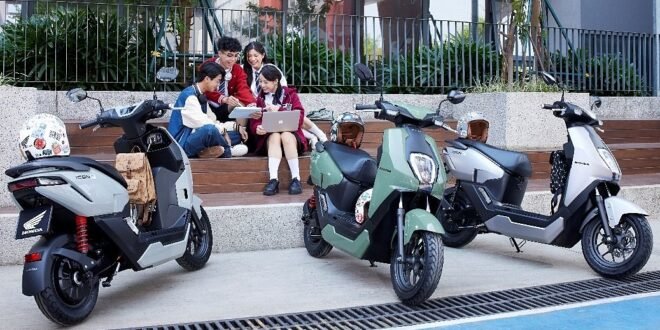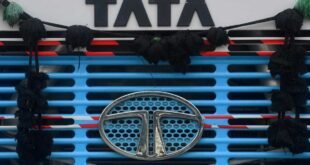Rising Demand for Electric Motorbikes in Vietnam
As Vietnam’s major cities take steps to reduce their reliance on fossil fuels, electric motorbike brands are responding with a range of promotions and incentives. This shift is driven by policies aimed at phasing out gasoline-powered vehicles, creating a growing market for electric alternatives.
Policy Changes Drive Market Shift
On July 12, Prime Minister Pham Minh Chinh announced that Hanoi would begin banning fossil fuel-powered motorbikes in central areas from mid-2026, with the goal of making the entire city a low-emission zone by 2030. Similarly, Ho Chi Minh City is planning to convert many gasoline-powered ride-hailing motorbikes to electric and restrict private ones in certain areas. These policy changes have sparked increased public interest in electric motorbikes, prompting manufacturers to adjust their strategies accordingly.
Promotional Campaigns by Leading Brands
VinFast, the leading domestic electric motorbike brand by market share, has introduced several promotions to capitalize on this trend. The company is offering to waive the full registration fee and provide an additional 10% discount for customers with permanent or temporary residence in Hanoi. For a vehicle priced at around VND30 million (US$1,144), customers can save VND3.6 million. The program runs from July 24 to October 24.
In addition, VinFast’s trade-in program allows users in several cities to exchange gasoline motorbikes for electric ones. On July 24, the company launched its latest electric motorbike, the Evo in Grand and Grand Lite versions, coinciding with heightened interest in electric vehicles.
Other manufacturers are also stepping up their efforts. Honda is offering up to VND2.1 million off its ICON e: model, depending on the dealer. Yamaha has reduced the price of its Neo electric bike by VND15 million. Meanwhile, Dat Bike has launched a nationwide trade-in campaign through all authorized dealers. In July, customers in Hanoi purchasing its Quantum S model, priced between VND34.9–49.9 million, could get discounts of up to VND500,000.
A company spokesperson noted that July sales were four times higher than previous months due to price cuts, trade-ins, and purchase incentives.
Expanding Trade-In Initiatives
Chinese brand Yadea has also entered the fray with its own gasoline-for-electric exchange initiative, launched on July 23. Customers trading in petrol bikes and purchasing a Yadea model priced from VND9.9 million can receive a VND2 million discount.
Selex Motors, a local startup, has supported trade-ins since late 2024 and is expanding its network of public battery-swap stations. It claims to be the only brand in Vietnam offering this model, aiming to boost convenience and encourage adoption.
Most manufacturers collaborate with third-party firms to appraise and buy old motorbikes, allowing customers to use the resale value toward their electric vehicle purchase. However, Yadea handles the process directly through some of its official stores without outside partners.
Growing Consumer Interest and Market Trends
A VinFast dealership representative in HCMC mentioned that old bikes are often refurbished and resold in smaller provinces or rural areas, where demand for low-cost transportation remains high.
Nguyen Huu Phuoc Nguyen, CEO of Selex Motors, highlighted that the Vietnamese motorbike market is undergoing a structural shift, with consumers increasingly open to electric bikes as quality improves and charging infrastructure becomes more accessible than in previous years.
“Regulatory changes are accelerating the transition from gasoline to electric, and manufacturers must adjust their strategies to seize this opportunity,” he said.
 Info Malang Raya Its All About World News
Info Malang Raya Its All About World News



